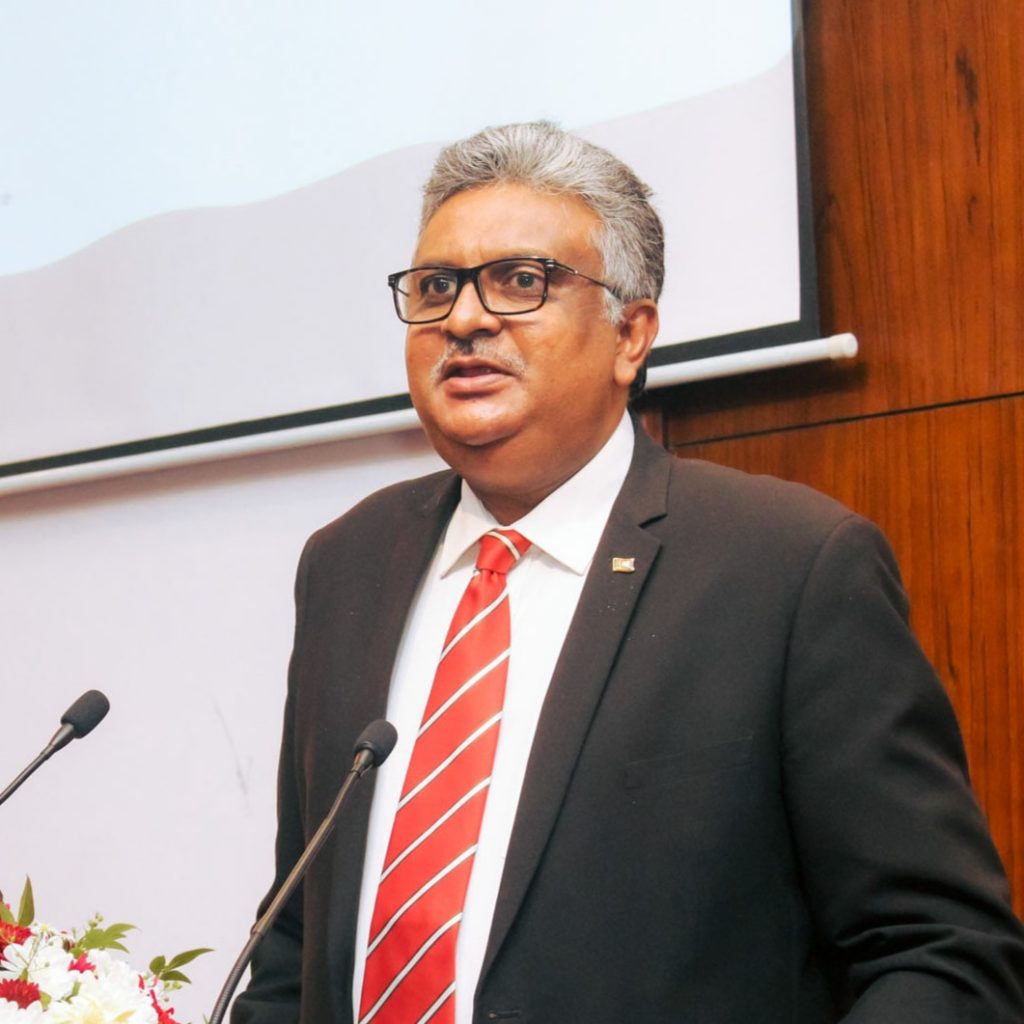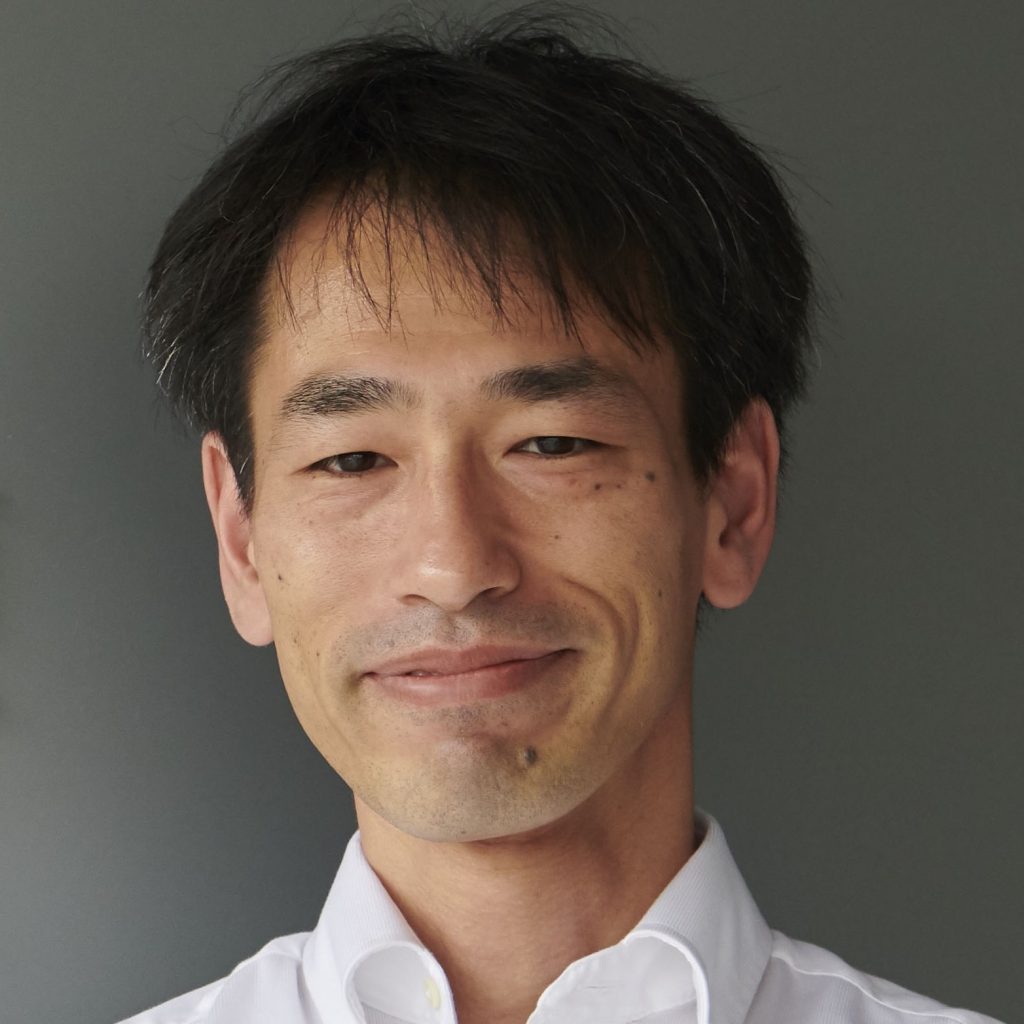Snr. Prof. Ranjith Senaratne
Chairman, National Science Foundation Sri Lanka,
Senior Professor of Crop Science, Faculty of Agriculture, University of Ruhuna,
Former Vice Chancellor, University of Ruhuna
Brief Bio
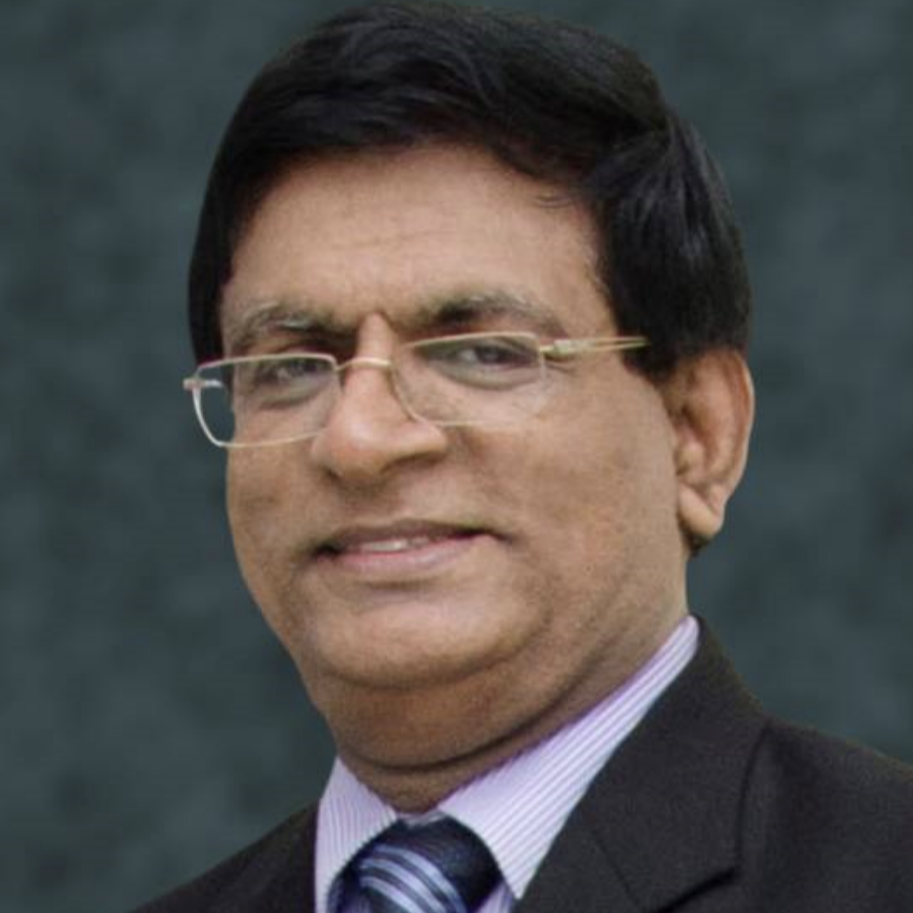
Prof. Ranjith Senaratne, Emeritus Professor in Crop Science, Faculty of Agriculture, University of Ruhuna, possesses over 40 years of experience in higher education, including teaching, research and administration and community development. He has held several senior administrative positions with distinction for a period of over 20 years, i.e. the posts of Dean, Faculty of Agriculture and Vice-Chancellor, University of Ruhuna, Chairman of the Committee of Vice-Chancellors and Directors, Chairman of the Ocean University and Vice Chairman, University Grants Commission. Presently, he serves as Chairman of the National Science Foundation and the General President of the Sri Lanka Association for the Advancement of Science in 2023.
As Vice Chancellor, University of Ruhuna, he has been strongly committed to promoting academic excellence, high impact research, creative enterprise, strategic partnership with industry, community development and international cooperation. In recognition of his outstanding contribution in education, science, community development and international cooperation, the University of Durham, UK conferred a honorary Doctorate (honoris causa) on him in 2007.
Prof. Senaratne has been the recipient of several internationally competitive and prestigious research grants, i.e. from the Board on Science and Technology for International Development (BOSTID) of the National Research Council of the USA and has held a number of coveted fellowships, including the Andre Mayer Fellowship of the FAO and the Marie Curie Fellowship of the European Community. He is a Fellow of the National Academy of Sciences and has over 100 research communications and papers to his credit. In addition, he has written and edited over 10 books related to agriculture, higher education, science & technology and national development.
Prof. Senaratne has provided strategic, inspirational and operational leadership to higher educational institutions, and he is a visionary leader and an institution builder.
Title of the Speech – Agriculture in Sri Lanka: Harnessing Potential and Embracing Change
Abstract
Agriculture, which mainly fed the population in the Agrarian Era, has since undergone a great deal of transformation in its scope, purpose, nature, complexity and sophistication. Agriculture today needs to produce not only food, but also feed, fibre, fuel (energy), nutraceuticals (e.g. dietary supplements, functional food, and medicinal food), cosmeceuticals and biotechnological products such as vaccines, antibiotics and enzymes. This sector presently occupies around 40% of land and consumes over 80% of the fresh water resources in the country. However, it is beset with a myriad of issues, including stagnant and low yield and quality, inefficient use of resources, including water and fertilizer, uncoordinated and unregulated production leading to unpredictable gluts and scarcities that cause drastic price fluctuations, overuse and abuse of pesticides and fertilizers, and heavy post-harvest losses. Low value addition, the predominance of small and scattered holdings, excess labour with low productivity, a lack of innovative business models and poor integration of agriculture into national, regional and global value chains are the other major constraints. In addition, with the advent of climate change, there is rising demand for crops and livestock that are resistant to pests, diseases and abiotic stresses. These issues have been exacerbated by lack of a rational, coherent and consistent national policy with a clear sense of direction and depth, particularly in agriculture, land and trade.
Therefore agriculture today poses serious challenges to economic, social, environmental, nutritional and health sectors. Meanwhile, its technological landscape is changing rapidly and markets are becoming increasingly globalized, sophisticated, dynamic and competitive. Besides, importing countries impose stringent control on food quality, safety and hygiene as the consumer is becoming increasingly health-conscious.
The agriculture and food systems should, therefore, become more productive, more resource- efficient, more resilient, more environment-friendly, less wasteful and more profitable. This is a formidable challenge, but has to be met. This calls for a new bold and compelling vision for agriculture. Hence, a step change in agriculture in Sri Lanka is urgently needed to transform it into a tech-savvy, export-oriented agri-business through smart farming where the whole process from production, processing, storage, marketing and distribution should be reengineered and remodeled for value chain enhancement. This includes, among other things, advance provision of weather data, market dynamics and price fluctuation, early detection of pests and diseases, and determination of water and nutrient needs. These will contribute a great deal to reduce the risk and uncertainty associated with agriculture.
This demands a suite of technologies to be adopted, such as ICT, biotechnology, nanotechnology, remote sensing and GIS, artificial intelligence, automation, Big Data, drones, Internet of Things, Robotics, etc., all of which are of great relevance and value. Here, one should not disregard or underestimate the value and relevance of indigenous knowledge (IK) — a precious hitherto untapped national resource — that should be harnessed to enhance agricultural production in a cost-effective and sustainable manner.
Therefore, it is imperative to rethink not only the way we produce, process, package, store, transport, distribute, market, deliver and consume food, but also the way we dispose of agricultural waste, to create a “zero waste” society. This calls for the transformation of conventional agriculture into a knowledge-based circular agriculture through a sea change which will enable increased production. This will be based on the use of considerably less resources and inputs to achieve sustainability with a reduced carbon footprint, water footprint, energy footprint and ecological footprint with greater profit. Therefore, a cultural revolution of sorts is the need of the hour, paving the way for a new Agri-Culture in Sri Lanka.
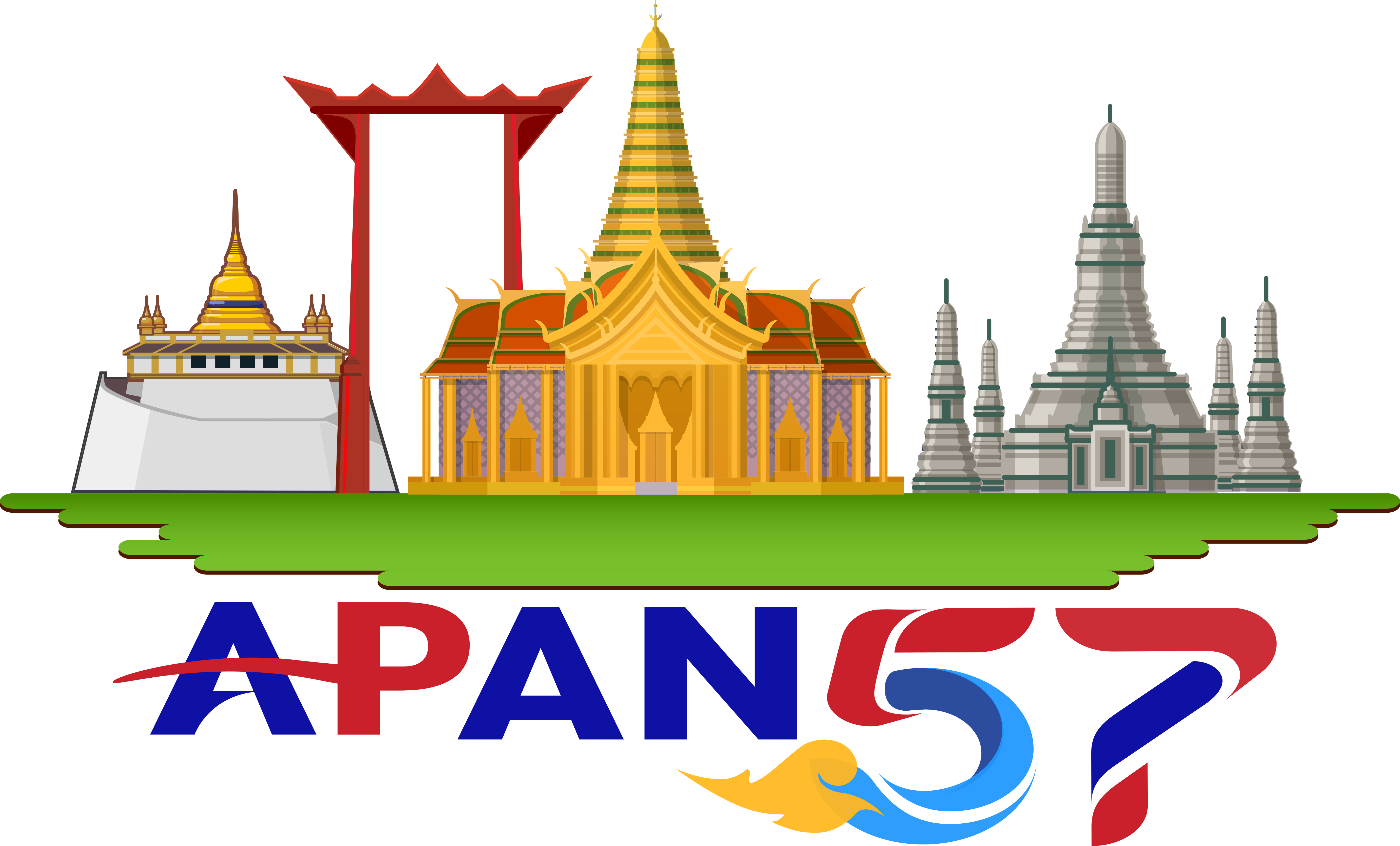

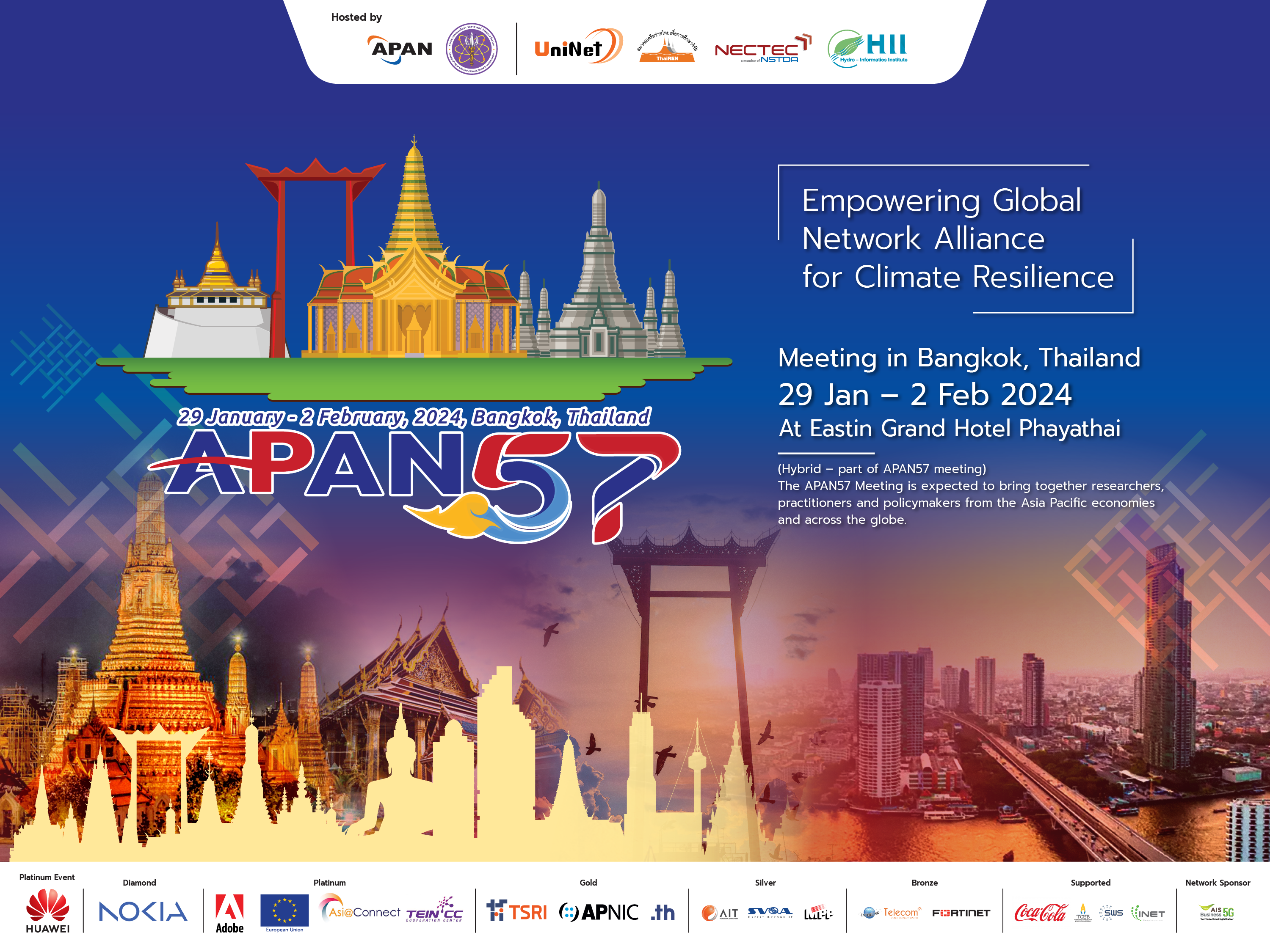
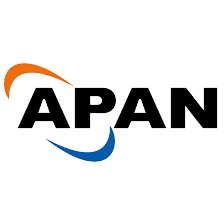
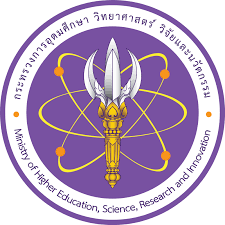

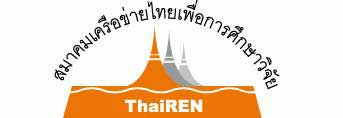

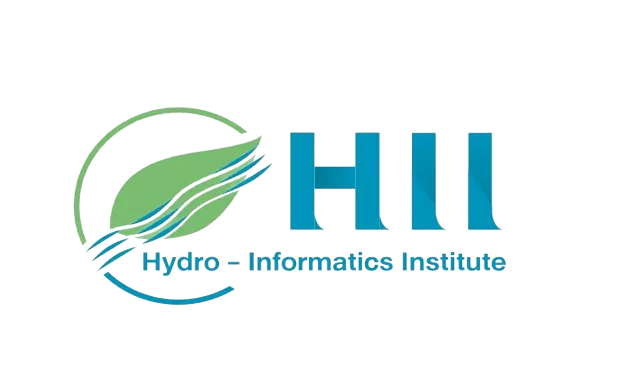
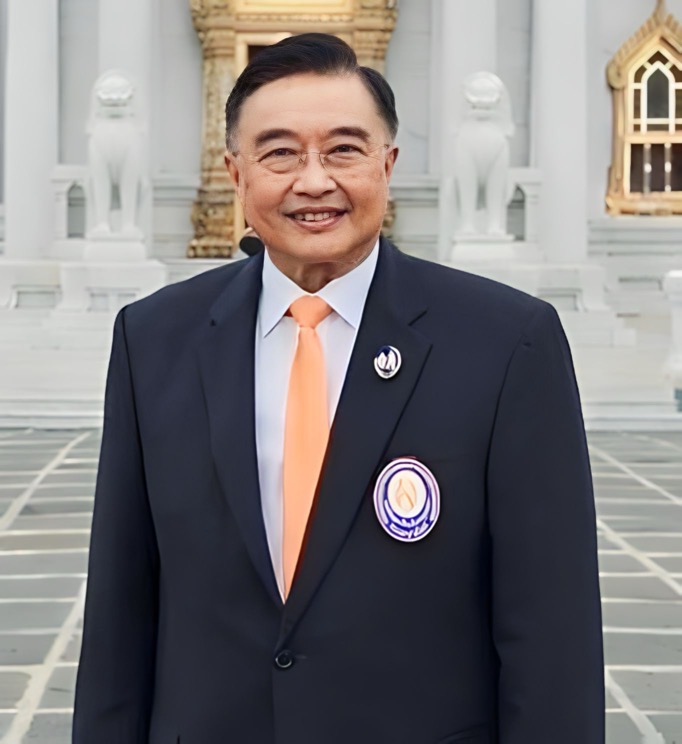
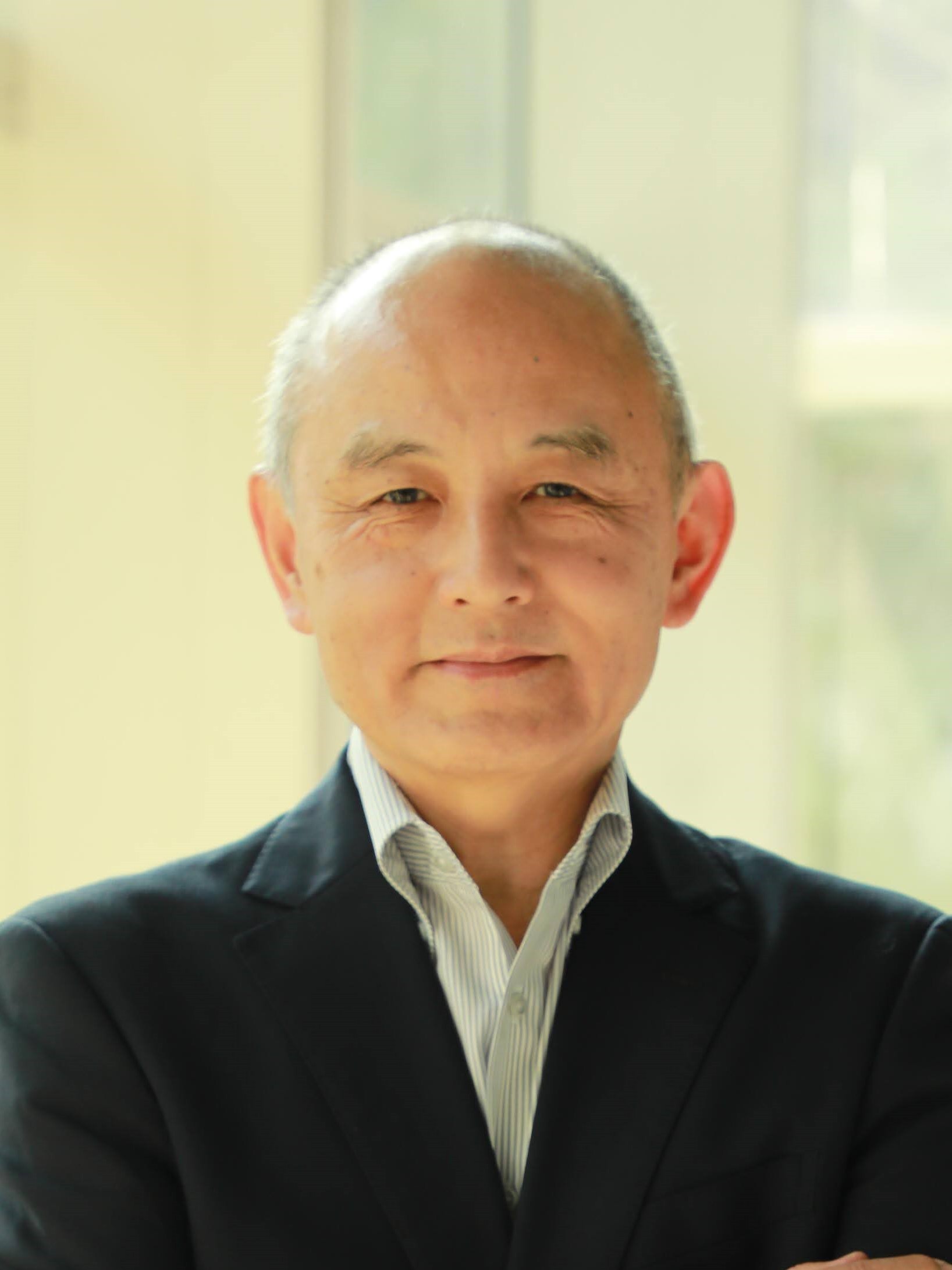
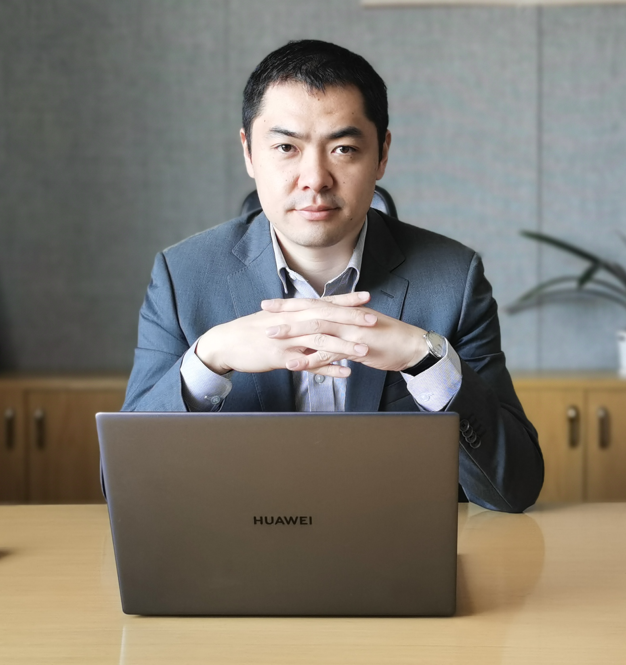
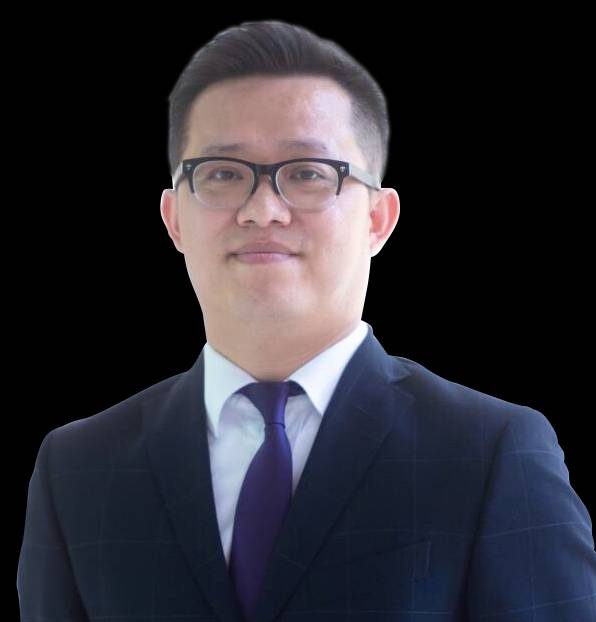

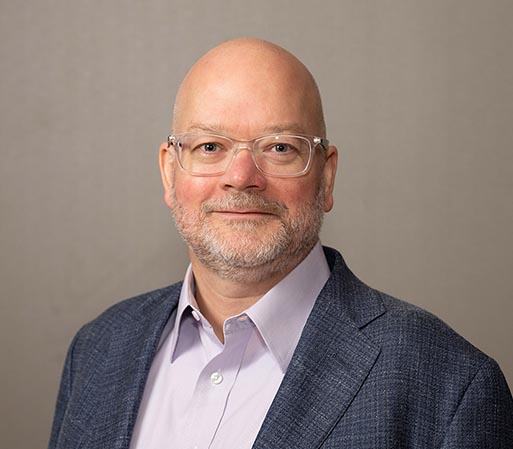
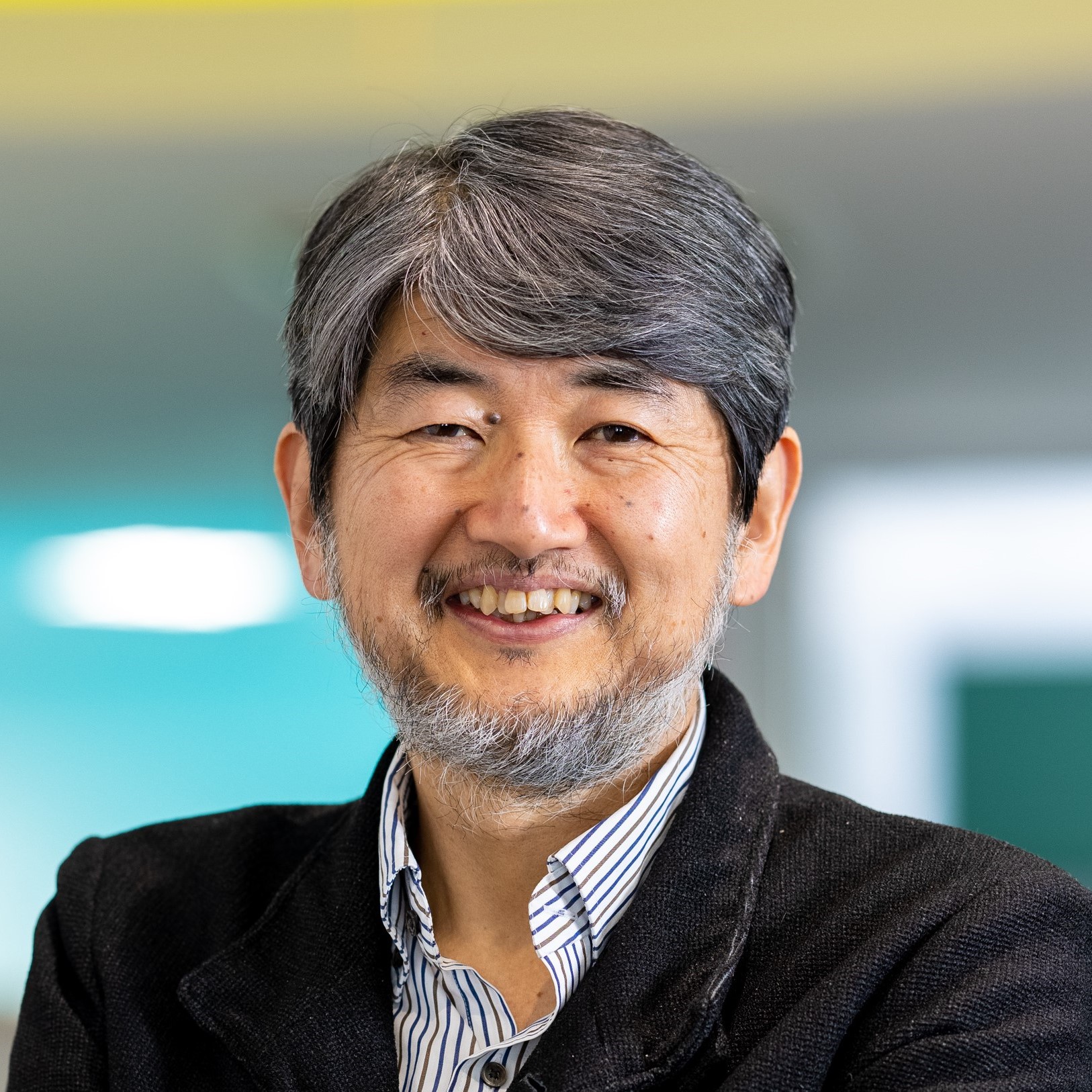
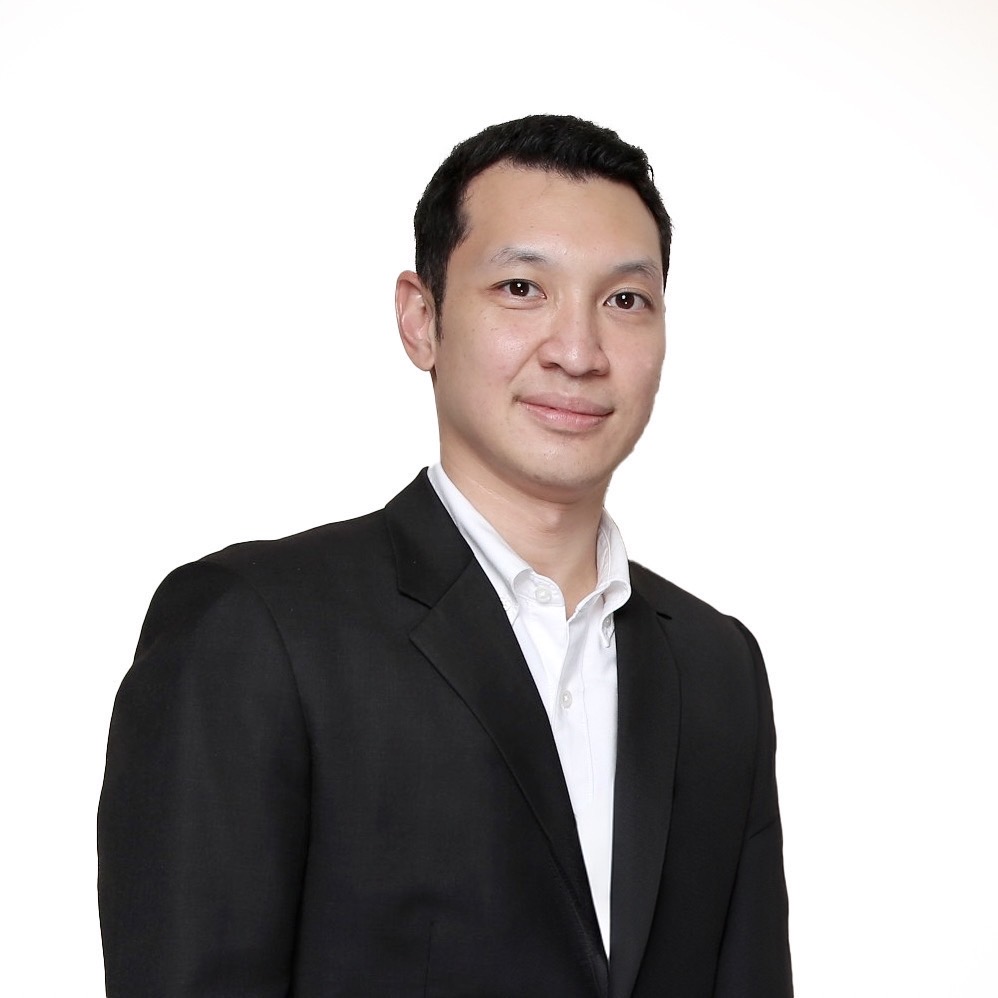
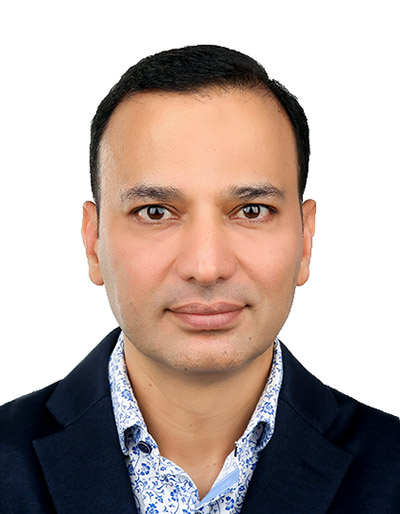





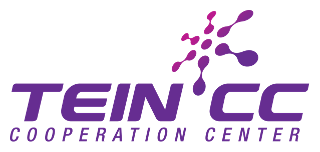





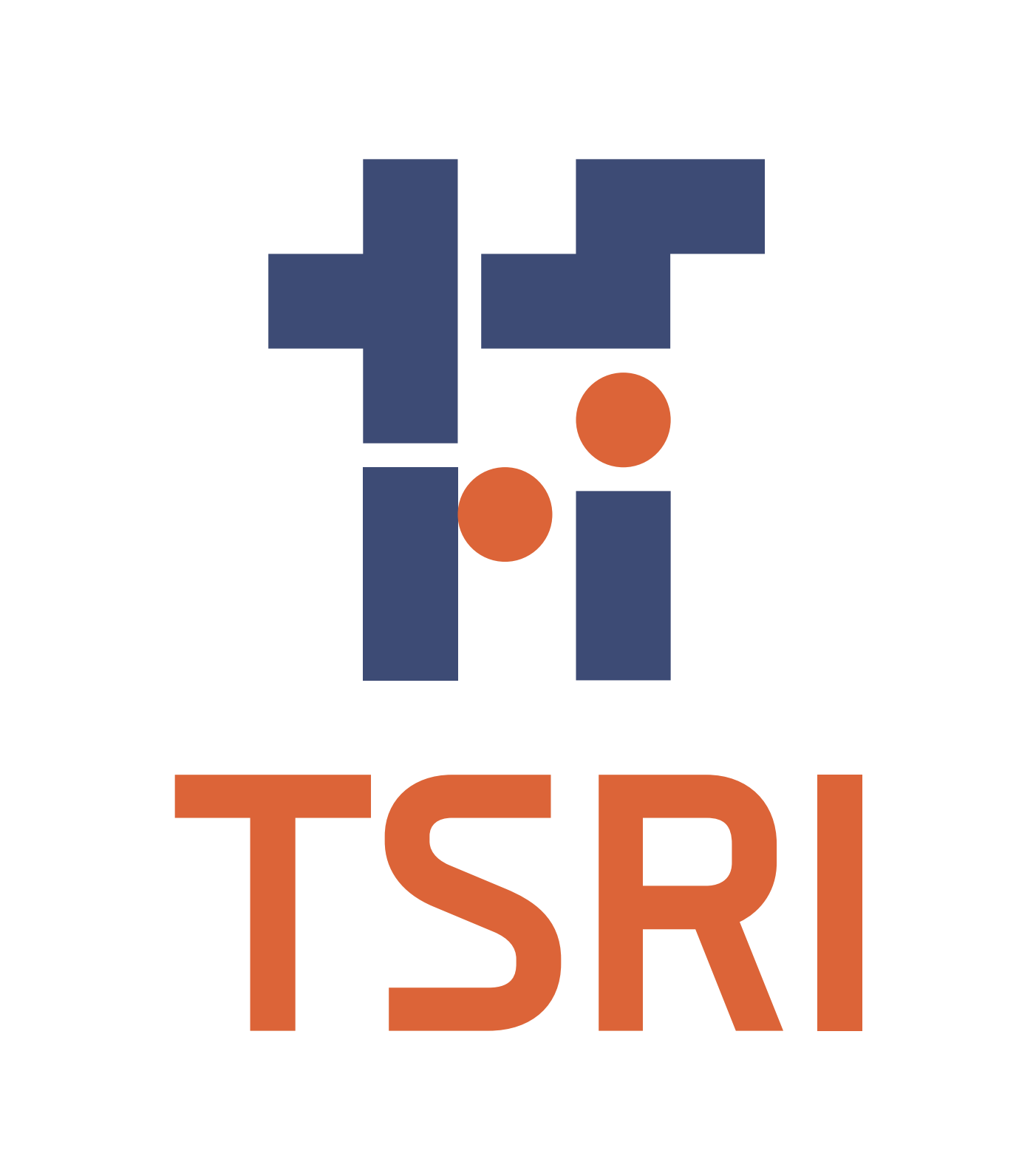











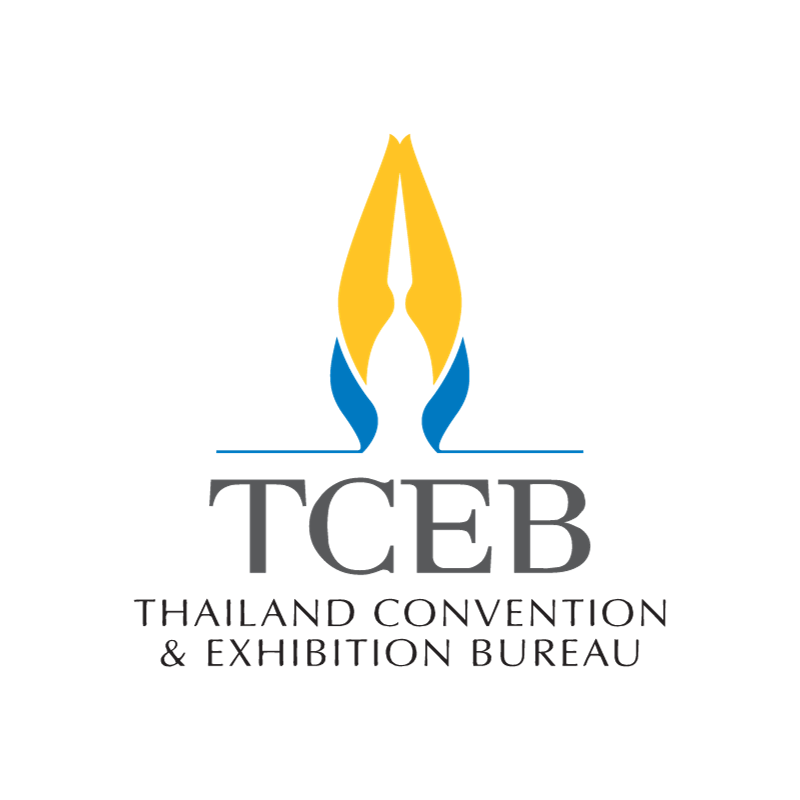




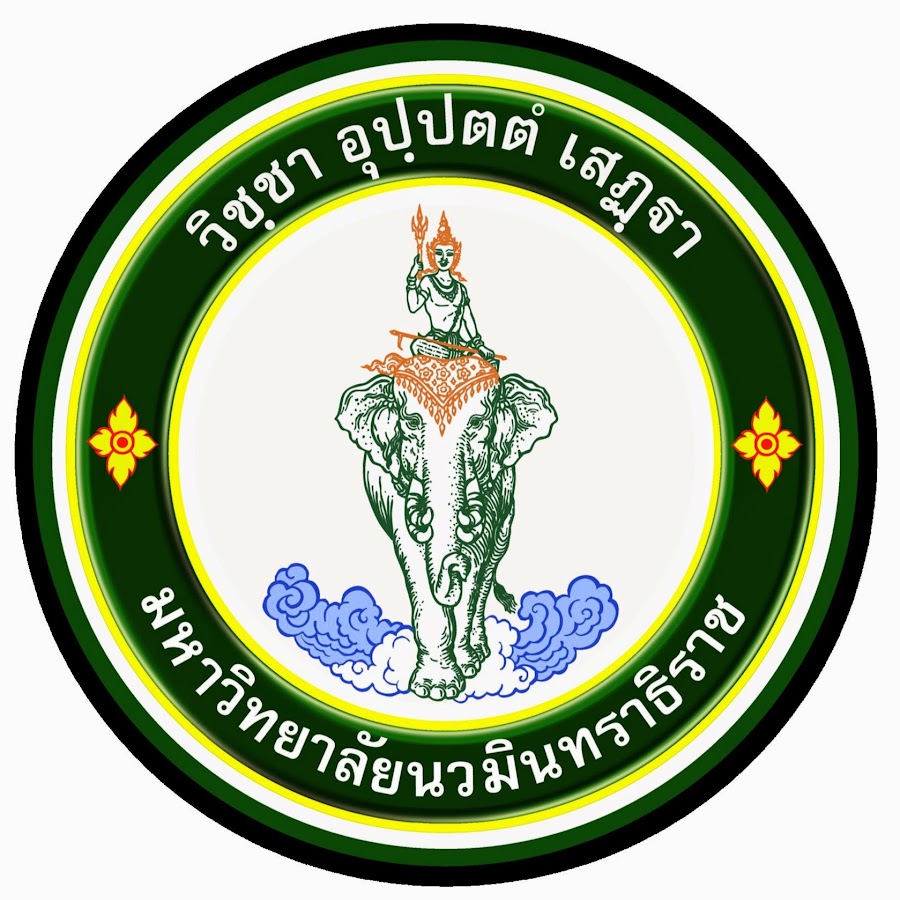
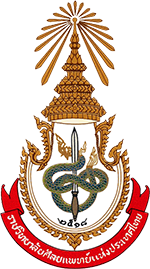
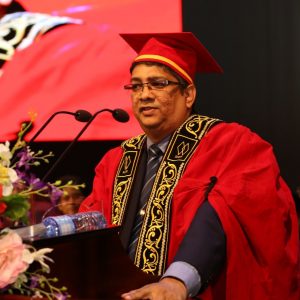

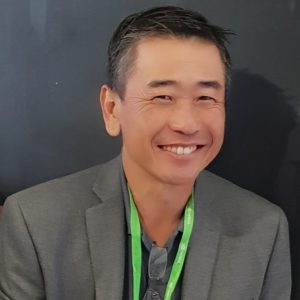 Simulation in the Age of AI
Simulation in the Age of AI
